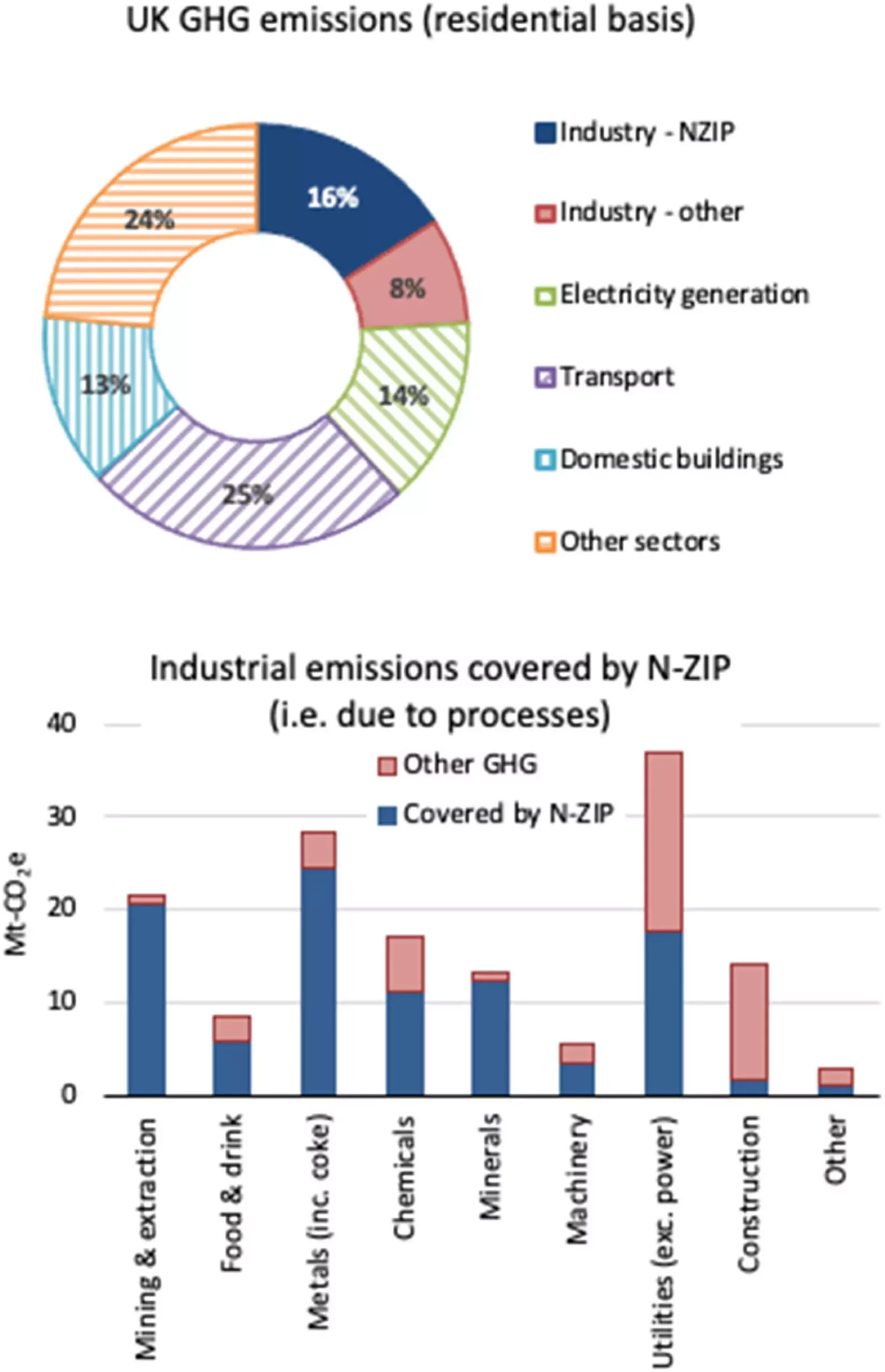When it comes to decarbonizing industrial processes in the U.K., there is a common misconception that it would require significant price increases that would burden consumers and businesses alike. However, a recent study conducted by academics from the University of Bath’s Institute for Sustainability has shed light on the fact that achieving Net Zero goals could be possible with relatively minimal price increases. This article analyzes the study’s findings and explores the feasibility of decarbonizing U.K. industries while minimizing the cost impact.
The researchers from the University of Bath and the University of Leeds closely examined various scenarios for distributing the costs of decarbonizing industry in the U.K. They used projections of the costs of implementing suitable low-carbon technologies across all industrial processes in the country. These technologies included options like electrification, fuel switching to hydrogen, and carbon capture and storage (CCS).
The study concluded that many industrial sectors, such as manufacturing, construction, food and drink, and mining, could absorb the costs of decarbonization with a relatively modest impact on their profits. According to Dr. Sam Cooper, one of the authors of the study, the effect on these sectors’ profits would range from 2% to 7% by 2050. Sectors like metal production, cement and minerals, and waste treatment might face more significant challenges, but even in these cases, the impact on profits would be less than the fluctuations experienced over the last decade.
Alternatively, if each sector passes on the cost increases to their customers, the average final price increases would be less than 0.8% by 2050. This finding suggests that the burden on consumers would be minimal and manageable. The study also considered how different income groups and spending patterns would be affected by these price increases and found that the rises would be shared evenly.
While the overall average price increase would be less than 0.8%, the study highlighted that some product groups would experience more significant price hikes than others. For example, housing prices would go up by less than 0.5%, whereas household goods might see an increase of over 3%. However, the study suggests that the impact on international competitiveness for most products would be overshadowed by other factors. For bulk materials like metals, cement, ceramics, plastics, and bulk chemicals, protection against competitors who do not face decarbonization costs may be necessary, potentially through a border carbon adjustment scheme.
The study emphasized the crucial role of improving the energy and resource efficiency of processes when adopting low-carbon technologies. Dr. Steve Allen, one of the authors, stressed that taking advantage of investment cycles to implement these improvements is essential to maintaining relatively low costs of decarbonization. Investing in efficiency enhancements would not only help reduce carbon emissions but also enhance the overall sustainability and competitiveness of U.K. industries.
It is important to note that the analysis used in the study is based on sectoral averages, and individual companies may face different challenges in transitioning to low-carbon technologies. Additionally, the study focuses specifically on the costs associated with decarbonizing industrial processes and does not account for other potential costs that industries might face, such as changes in transportation or electricity costs.
The study’s findings have significant implications for policymakers and the development of decarbonization policies. By demonstrating that industrial decarbonization can be achieved without overly burdensome price increases, the study provides evidence to support regulatory measures aimed at promoting sustainable practices. It also emphasizes the need for ongoing support and incentives to ensure a smooth transition for industries, as decarbonizing processes requires substantial investments and adjustments.
Decarbonizing industrial processes in the U.K. is a critical step towards achieving Net Zero goals. Contrary to popular belief, the study conducted by the University of Bath’s Institute for Sustainability suggests that this transition can be achieved with relatively modest price increases. By appropriately distributing the costs and focusing on energy and resource efficiency, the potential financial burdens on industries, consumers, and the overall society can be minimized. These findings provide valuable insights for policymakers, businesses, and consumers in their journey towards a sustainable and decarbonized future.


Leave a Reply